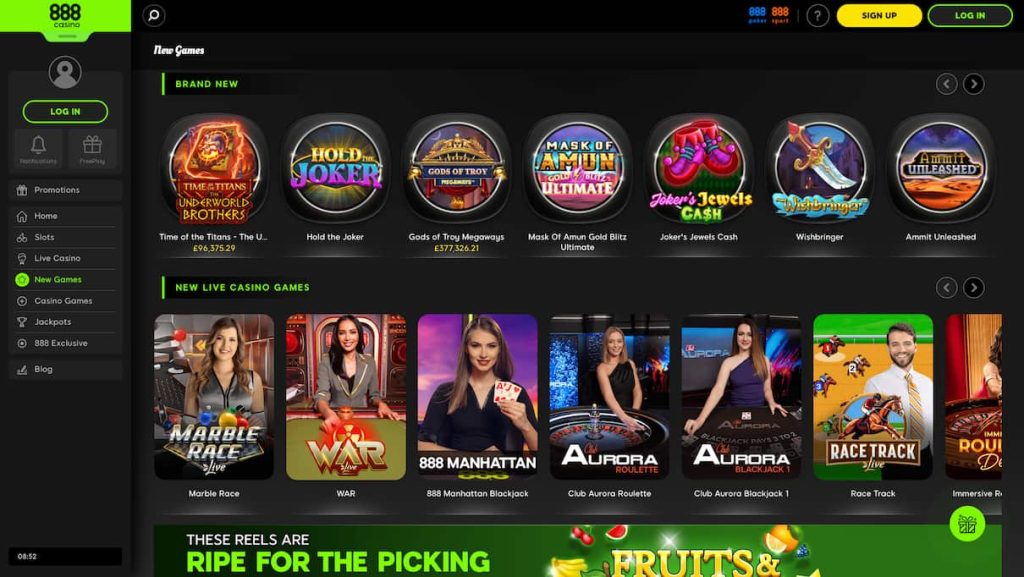The betting sites uk industry offers players two distinct ways to place their wagers — traditional bookmakers and betting exchanges. While both serve the same fundamental purpose, they differ in how bets are placed, priced, and managed. Understanding these differences is essential for bettors who want to make the most of their money and betting experience. This article compares both models side by side to help you decide which best suits your style.
How Traditional Bookmakers Work
Traditional bookmakers — such as Bet365, William Hill, or Coral — operate by offering odds on sporting and non-sporting events. When you place a bet with a bookmaker, you’re wagering against the house. The bookmaker sets the odds, collects losing bets, and pays out winnings.
Bookmakers build a margin (also called the “overround”) into their odds to ensure profit regardless of the outcome. This system makes betting straightforward: you pick a selection, check the odds, place your stake, and hope to win. The house handles everything else, including pricing, settlement, and risk.
How Betting Exchanges Differ
A betting exchange — like Betfair Exchange or Smarkets — functions as a marketplace where users bet against each other instead of against a bookmaker. The exchange merely facilitates the bets and charges a small commission on winning wagers.
On exchanges, you can choose to either back a selection (bet it will win) or lay it (bet it will lose). This flexibility attracts experienced bettors and traders who enjoy managing risk, trading positions, or finding value where bookmakers’ odds fall short.
Comparing Odds and Value
In most cases, betting exchanges offer better odds than traditional bookmakers. Because the exchange removes the bookmaker’s margin, prices are determined by market demand — effectively what real people are willing to back or lay. This can lead to significantly higher payouts, especially for popular events with high liquidity.
However, exchanges do charge a small commission, typically around 2–5% of net winnings. This slightly reduces returns but often still provides better value than standard bookmaker odds.
Ease of Use and Accessibility
Traditional bookmakers are built for convenience. Their platforms are user-friendly, designed to appeal to casual players who want to place quick bets without worrying about market fluctuations. Features such as accumulators, cash-out options, and promotional boosts make them accessible and entertaining.
Betting exchanges, on the other hand, require a deeper understanding of odds movement and market behavior. The interface can seem more complex at first, and liquidity (the amount of money available for betting) can be lower in less popular markets. However, for those willing to learn, exchanges offer unmatched flexibility and control.
Risk and Control
With a bookmaker, the risk lies entirely with the operator — they balance odds and exposure to ensure long-term profit. Bettors have limited control beyond selecting markets and odds.
In contrast, an exchange gives users full control over their bets. You can set your own odds, choose when to enter or exit a market, or even trade positions before an event ends. This opens opportunities for bet trading — backing at one price and laying at another to lock in profit regardless of the outcome.
Bonuses and Promotions
Bookmakers are known for their wide array of promotions, including free bets, deposit bonuses, and enhanced odds. These offers attract new players and reward loyalty, making traditional sites ideal for casual bettors who enjoy perks and incentives.
Exchanges, by comparison, offer fewer bonuses. Their competitive edge lies in pricing rather than marketing. While some exchanges do provide welcome offers or commission discounts, they’re usually smaller than bookmaker promotions.
Market Range and Special Features
Both platforms cover an extensive range of sports and events, but the depth of markets differs. Traditional bookmakers tend to have more side bets, in-play options, and novelty wagers — from political outcomes to entertainment awards. Exchanges focus on core sporting events where liquidity is strong, such as football, tennis, and horse racing.
Some exchanges now incorporate innovative features like advanced trading tools, graphical charts, and auto-matching algorithms to attract professional bettors seeking precision and control.
Suitability for Different Players
- Beginners and casual bettors generally prefer traditional bookmakers for their simplicity, promotions, and straightforward interface.
- Experienced or value-seeking bettors often choose betting exchanges for better odds, trading potential, and strategic flexibility.
- High-volume bettors may benefit from combining both — using bookmakers for bonuses and exchanges for long-term value and hedging.
Conclusion
The choice between UK betting exchanges and traditional bookies ultimately depends on what you value most in your betting experience. If you prioritise ease of use, promotions, and convenience, a traditional bookmaker is the better fit. But if you’re looking for better odds, control, and the ability to trade positions, a betting exchange offers a more dynamic and potentially profitable environment.
In short, bookmakers offer simplicity and entertainment, while exchanges deliver freedom and value. The ideal bettor understands both — and knows when to use each to their advantage.

